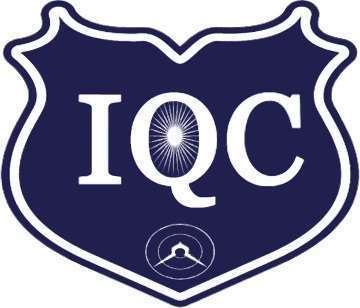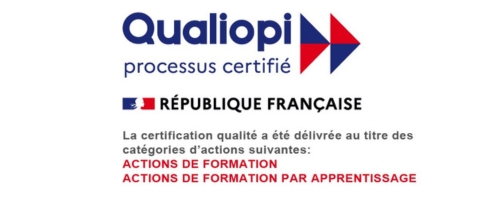Travel Risk Management Consultancy: Audit & Training Services
In response to the increasing demand within the industry, IQC proudly presents comprehensive Travel Risk Management Consultancy services. Our objective is to equip our clients with both thorough Travel Risk Management Audits (based on ISO 31030 Travel Risk Management — Guidance for organizations) and essential training programs.
Contact us to know more about our services
What Is A Travel Risk Management Audit?
A Travel Risk Management Audit is a systematic examination of an organization’s travel-related policies, procedures, plans and practices. It assesses potential risks associated with business travel and identifies areas for improvement to enhance the safety and security of travelers. At IQC, we adhere to the internationally recognized standard outlined in ISO 31030 Travel Risk Management — Guidance for organizations. This ensures that our audit procedures are rigorous, comprehensive, and aligned with best practices in the field.


How We Have Designed This Audit Program?
Our Travel Risk Management Audit program is meticulously crafted to meet the unique needs and challenges of each client. We begin by conducting a thorough assessment of existing travel policies, plans, protocols, and risk mitigation strategies. Our experienced consultants then analyze the findings to identify gaps, vulnerabilities, and areas of non-compliance. Based on this assessment, we develop tailored recommendations and an actionable roadmap to strengthen the organization’s travel risk management framework. Our approach is collaborative, transparent, and focused on delivering tangible results that enhance the safety and well-being of the organization’s travelers.
Why Training is an Integral Part of This Audit?
Training is an essential component of effective travel risk management. Even the most robust policies, procedures and controls are only effective if employees understand and adhere to them. That’s why our consultancy services include comprehensive training programs designed to educate and empower travelers, managers, and key stakeholders. Our training covers a wide range of topics, including travel safety and security protocols, risk assessment procedures, cybersecurity controls, executive protection and crisis management strategies. This will enable the organizations to fine-tune their travel risk management framework to meet the duty and standard of care and remain aligned with best practices in the sector. By investing in training, organizations can ensure that their personnel are equipped with the knowledge, skills, and resources needed to mitigate risks and respond effectively to unexpected situations while traveling.





